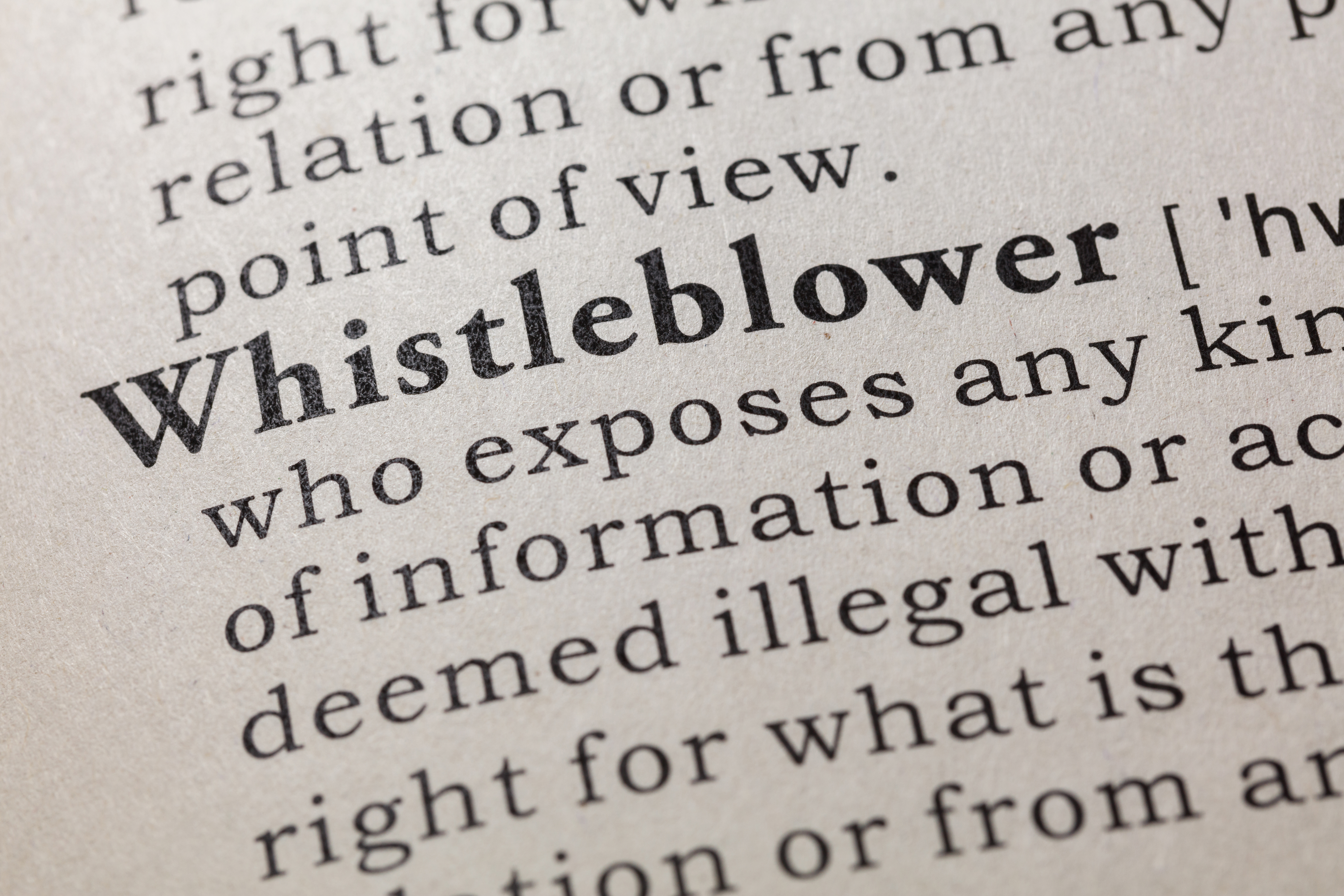Workplace investigations: lessons and recommendations
Insight

We previously wrote about the Fawcett Society report on tackling sexual harassment in the workplace focusing on the key recommendations for organisations (see here).
Very helpfully, what that report also does, is set out a clear list of recommendations for investigations. Whilst the recommendations are aimed at investigating harassment, we consider how they can be used in any workplace investigation and therefore are of wider application.
Lessons from cases
It is always useful to learn from the experiences of other organisations and in regard to investigations the Fawcett Society report makes for fascinating reading. There is a section on page 50, which looks at the "poor handling of the investigation and grievance process" which could be used as a checklist of "what not to do!" in an investigation.
Pulling out some of these themes, the report says that there are several common issues that can make for a poor investigation:
- In the call for evidence, respondents wrote that sometimes the investigation was not thorough, employers failed to talk to key witnesses, record statements or collect proper evidence;
- Some employees were told that there was not enough evidence to prove their allegation (with no acknowledgement that there is often a lack of evidence or witnesses in cases of sexual harassment);
- Employees wrote that they felt responsible for proving their case and felt they were put on trial rather than the harasser; (of course, what should happen is a fact-finding investigation and allegations upheld or not on the balance of probabilities rather than either party being expected to prove their case);
- Investigation and grievance procedures take too long, in some cases lasting up to six months. Employees said that this caused unnecessary stress, they were often required to remain working with the harasser and in some cases, had to provide their accounts and statements multiple times which caused them to relieve the trauma of the incident repeatedly. (Clearly none of this is ideal for an employer and is likely to cause a loss of trust with the staff member and may well trigger further complaints from them about the process. In addition, employers should also ensure they take appropriate measures to prevent ongoing harassment as well as ensuring that witnesses are not intimidated in the course of an investigation);
- In some cases, the delay mentioned above, caused employees to withdraw their complaint; (this poses risks for the employer because in these scenarios, an employee might not cooperate in an investigation leaving an employer having to investigate an issue without the cooperation of a key witness or the employee might constructively resign);
- Another common issue found, is that the grievance was not kept confidential which caused the employee to face retaliation from colleagues; and
- Some employees were not told the outcome of the investigation which left them feeling frustrated and unclear whether any measures had been taken.
Recommendations
The report makes a series of recommendations about conducting investigations which could be used to sense check your current procedures and also reviewed if and when a case arises that needs to be formally investigated.
The recommendations include:
- Set out a timeframe for an investigation. We would add to this that expectations should be managed and employees should be kept updated on timeframe because unexpected delays can occur;
- Investigate thoroughly and fairly. Employers should select a person or company with the right skill set for conducting an investigation, which could be an independent third party or an internal person as long as they are perceived to be impartial. Employers should also consider whether their policy stipulates a specific person who should investigate;
- Recognise that incidents may cross a number of areas, for example a complaint of sexual harassment may also involve other forms of discrimination based on protected characteristics because the data shows that certain groups are more likely to be the victim of harassment than others (such as employees with disabilities, LGBTQ employees and employees from racial and religious minority groups);
- Document all steps taken in the investigation. In our recent podcast series with Peter Spindler and Gary Pankhurst, we also advised that thought processes should also be recorded in the paper trial so that there is a clear record of why an action was not taken (as well as the actions which were taken), this can help explain and justify the process if necessary later down the line;
- Allow the employee who made the report to continue working normally where at all possible and consider reassigning the harasser (or suspension, if necessary, in some cases);
- Where reports of harassment are substantiated, appropriately discipline the harasser with sanctions being proportionate to the behaviour. We would add here that harassment in the workplace needs also to be dealt with as training need and examination of culture in the workplace to prevent future incidents and ensure that all staff are aware of codes of conduct and expected standards of behaviour;
- Finally, be transparent about reports and investigations.
The Fawcett Society report contains a wealth of other useful material and guidance (on the subject of workplace sexual harassment) from ideas for policy development to training to testimonies from staff and managers and is well worth a read.
If you require further information about anything covered in this briefing, please contact Maria Strauss, Kathleen Heycock, or your usual contact at the firm on +44 (0)20 3375 7000.
This publication is a general summary of the law. It should not replace legal advice tailored to your specific circumstances.
© Farrer & Co LLP, March 2022







